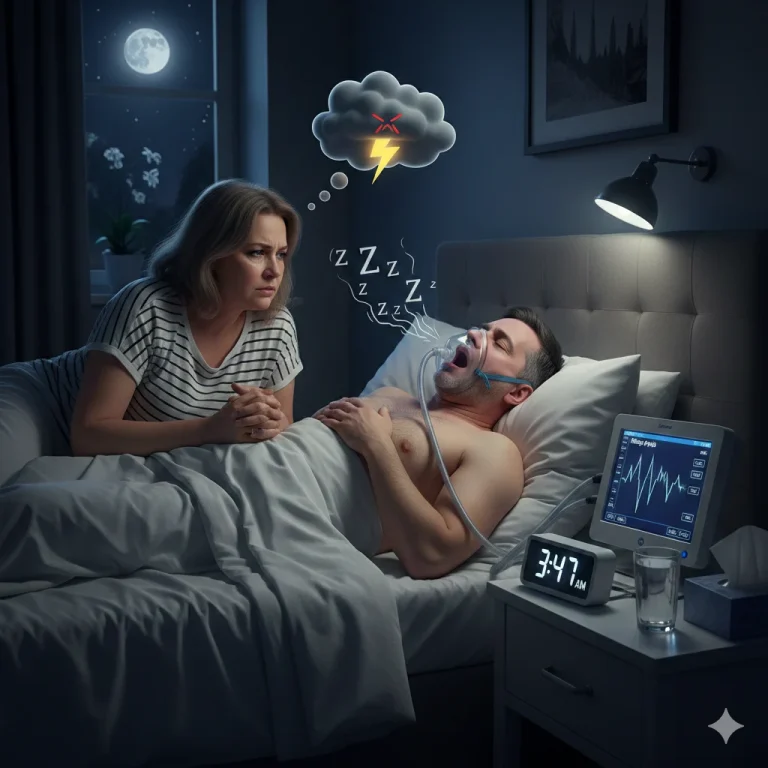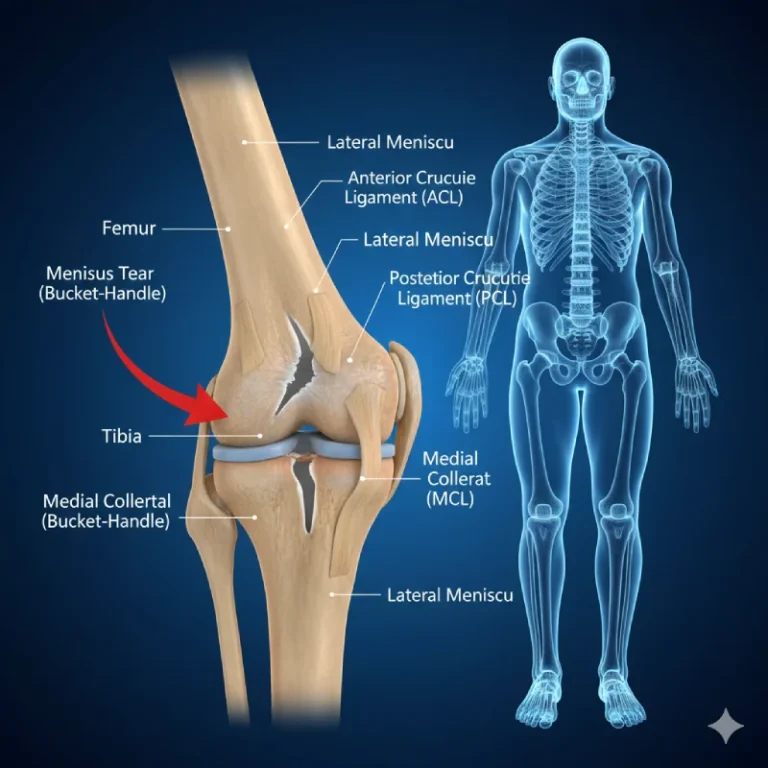Irregular periods: causes, diagnosis and treatment
What are irregular periods?
A normal menstrual cycle lasts 21–35 days, with bleeding for 3–7 days. If cycles are shorter, longer, or bleeding occurs unpredictably, this is considered irregular menstruation. It is common and may be linked to physiological changes or health conditions.
When are periods considered irregular?
- Cycle shorter than 21 days or longer than 35 days.
- Very heavy or very light bleeding.
- Bleeding lasting more than 7 days.
- Spotting between periods.
- Absence of menstruation for several months.
Possible causes
- Hormonal disorders: PCOS, thyroid disease, high prolactin, functional hypogonadism (stress, over-exercise, poor nutrition).
- Lifestyle factors: stress, lack of sleep, rapid weight changes, intense training.
- Gynecological conditions: fibroids, endometriosis, pelvic inflammatory disease.
- Other: pregnancy, perimenopause, certain medications (e.g., hormonal contraception).
Additional symptoms
Fatigue, lower abdominal pain, mood swings, infertility, excess hair growth or acne (in PCOS).
When to see a gynecologist?
- No periods for more than 3 months.
- Very heavy or prolonged bleeding.
- Severe pain.
- Suspected pregnancy.
- Other symptoms: fatigue, weakness, weight changes.
Diagnosis
- Medical history and physical exam.
- Lab tests: hormone levels (FSH, LH, prolactin, thyroid hormones, testosterone), blood count.
- Imaging: ultrasound of uterus and ovaries, sometimes MRI or hysteroscopy.
Treatment options
- Lifestyle changes: balanced diet, moderate exercise, better sleep, stress reduction.
- Medications: hormonal therapy (e.g., contraceptives), drugs for thyroid or endocrine disorders, pain relief.
- Surgery: if fibroids or endometriosis are the cause.
Possible complications
Infertility, anemia from heavy bleeding, chronic fatigue, osteoporosis if hormonal deficiency persists.
Prevention
Regular check-ups with a doctor, healthy lifestyle, weight management, timely treatment of chronic diseases.
According to international guidelines:
- Irregular periods are often due to reversible hormonal imbalances.
- PCOS is a common cause; treatment improves both cycles and fertility.
- Lifestyle changes (weight loss, physical activity) significantly improve cycle regularity.

Dr. Kristina Bojuta

Dr. Viktorija Margevičus
Irregular periods are a common issue caused by hormonal, lifestyle, or gynecological factors. They may lead to fatigue and reduced quality of life. Timely consultation with a gynecologist helps identify the cause, start treatment, and prevent complications for long-term health.






